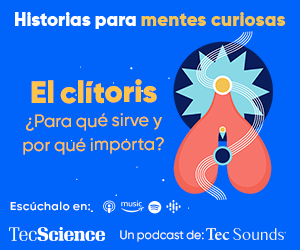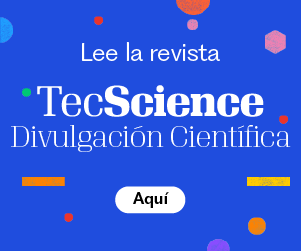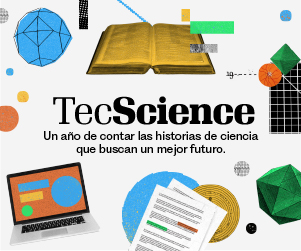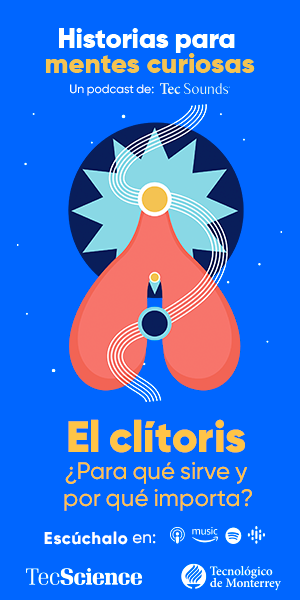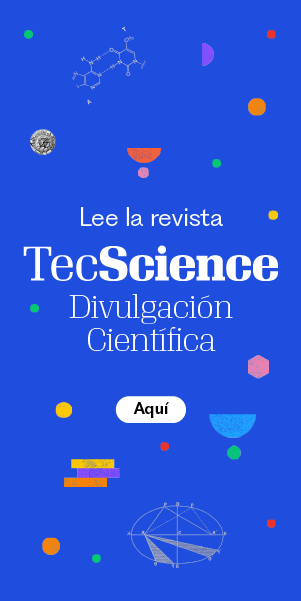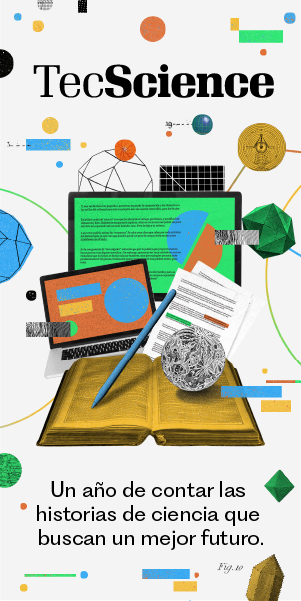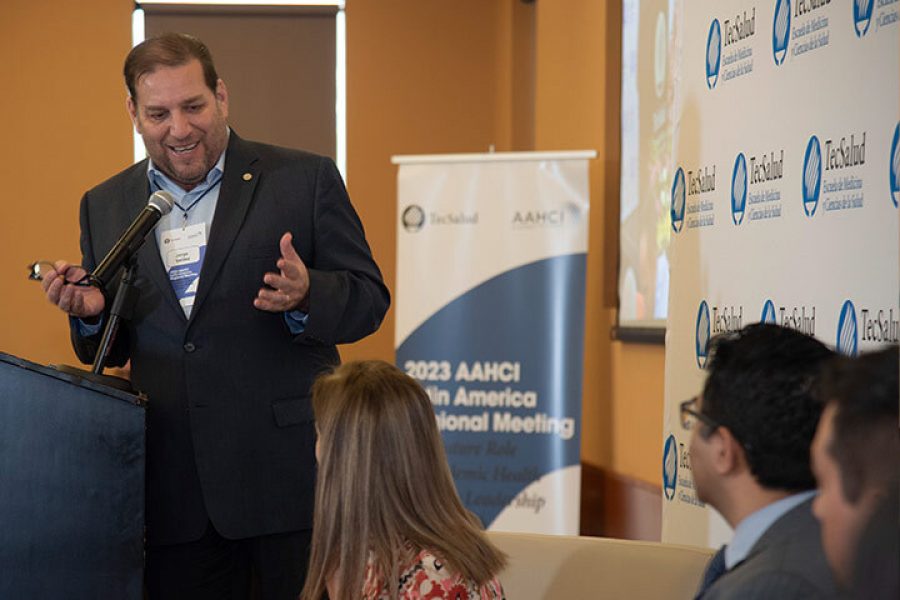A compound of natural origin has aroused the curiosity of scientists. CBD is gaining ground as an option due to its anti-inflammatory potential in the field of research on the heart and heart disease.
Canadian biotechnology company Cardiol Therapeutics and Tecnológico de Monterrey are therefore working together in the research area of therapies for cardiac diseases and conditions through the use of this non-psychoactive molecule.
In an interview for TecScience, Omar Lozano, a research professor at Tec de Monterrey and member of the Institute for Obesity Research, explains how Cardiol Therapeutics is carrying out research focused especially on heart failure with the help of the Tec.
The company, founded in 2016 by David Elsley, established a relationship with Guillermo Torre, Vice President of Research at Tec and Rector of TecSalud.
This relationship led to a collaborative partnership including a group of researchers such as Omar Lozano and Gerardo García to establish a platform to study heart failure models and support the design of clinical protocols.
“The company had a series of technologies and molecules that it wanted to test. We started with preliminary studies in 2017 and 2018 and last year we managed to identify that CBD had great potential,” says Lozano.
CBD and Heart Disease
The partnership between Cardiol and Tec de Monterrey is based on collaboration to develop studies and clinical protocols related to heart failure.
One of the main actions within the partnership between both organizations is the exploration of different formulations and molecules to find new treatments.
To date, preclinical research has been carried out in this partnership using cannabidiol, or CBD, as a protector of the cardiovascular system.
Although this compound is a derivative of cannabis, CBD does not have psychoactive effects, unlike tetrahydrocannabinol (THC).
The use of CBD and various other molecules is also being investigated in different models of heart failure, including some with metabolic origin or related to obesity and overweight issues.
For example, a 2022 study, Cannabidiol Therapy for Chronic Heart Failure Prevents Cardiac Hypertrophy, conducted by Gerardo García and Omar Lozano along with other researchers from the Tec and the Institute for Obesity Research, notes that CBD had positive effects on the hearts of mice.
These effects included: improved heart function, a reduction in fibrosis or scar tissue in the heart, and prevention of the increase in size of heart cells, known as hypertrophy.
These CBD molecules reduce inflammation of the heart and improve the functions of the cells of this organ while reducing their damage, so their medical application can be considered beneficial, at least in animal tests.
“On our side, we’re carrying out experiments at a preclinical level, such as these animal models in which we see principles of clinical effectiveness. If approved, we can take these to the clinical study stage,” explains Lozano.
Mutual benefits
The researcher adds that the partnership between Cardiol Therapeutics and Tec de Monterrey has had benefits for both parties. While the Canadian company can take advantage of the Tec’s knowledge and experience in preclinical research, the university can actively participate in the research and development of new treatments.
“Together, we analyze the results we’re providing and reach a consensus on what the best options are. We look at it from a model point of view and they look at it from the point of view of bringing it to the market,” he explains.
After preclinical studies carried out at Tec de Monterrey, Cardiol Therapeutics sent the study for approval to the United States Food and Drug Administration (FDA), which is responsible for the effectiveness of medical treatments and drugs.
“This relationship of trust arose in such a way that we are currently the main research and development arm (of Cardiol Therapeutics), which has been the result of our work in recent years. We hope to continue with them in this partnership to be able to analyze molecules, technologies, and formulations with the potential to move it on to the next stage,” says Lozano.








